With the occurrence of this incident, the public began to worry about the safety of their daily smart devices, and people asked themselves, "Will my iPhone explode? Will my Tesla car be remotely controlled? Although these high-tech products have brought great convenience, the potential risks of being remotely controlled or containing explosives have also triggered widespread discussion.
As a supplier of photovoltaic energy storage products, we also pay special attention to this incident. Although the pager explosion in Lebanon has no direct relationship with photovoltaic energy storage products, the occurrence of this incident reminds us of the risk that technological products may be abused in the global supply chain, as well as the security issues that need to be considered in supply chain management and technology applications.
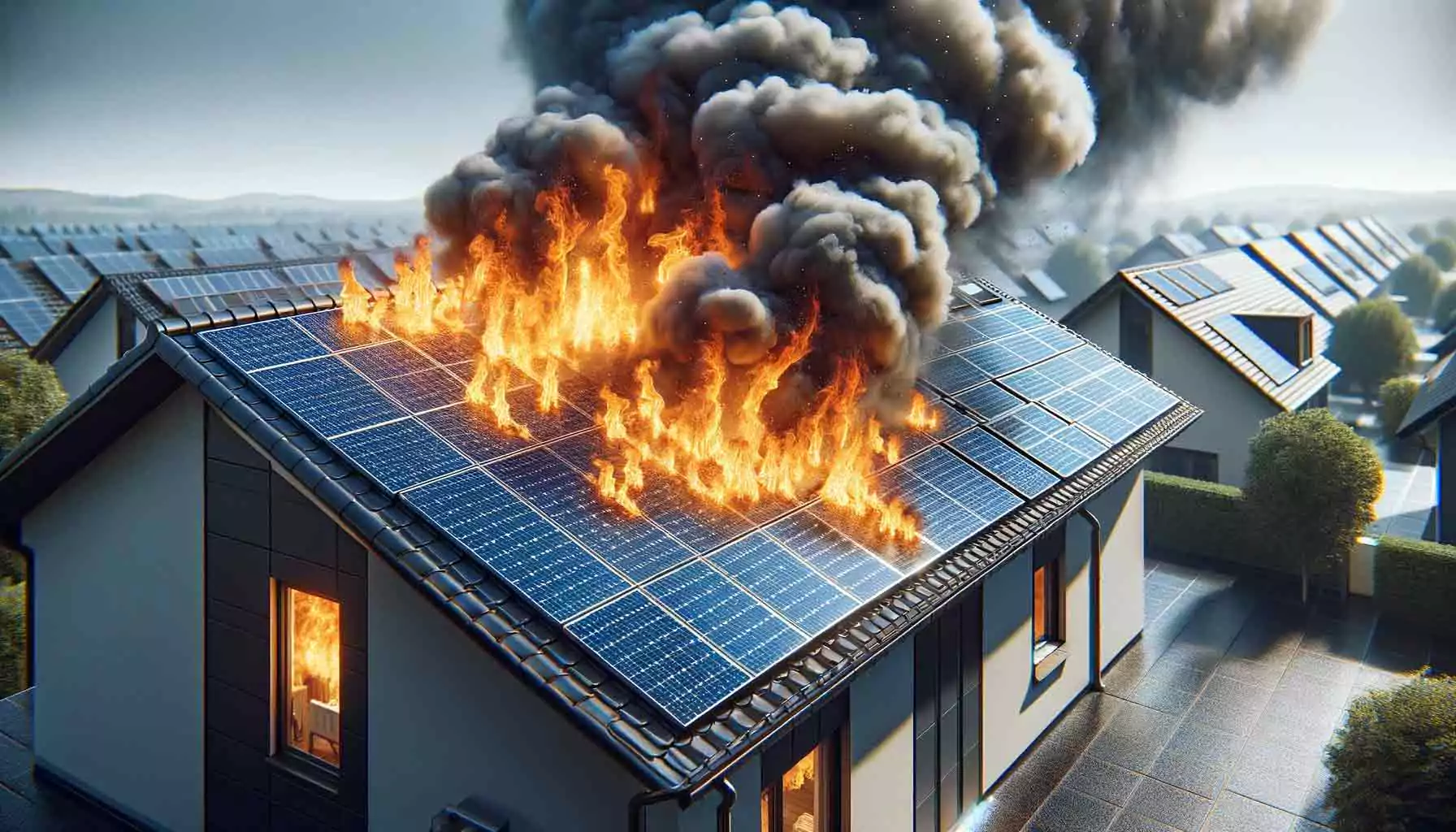
Are home energy storage products safe? These 5 facts you should know.
1. Multiple protection mechanisms ensure safe operation
Modern household energy storage equipment is usually equipped with multiple protection mechanisms, including overcharge protection, over-discharge protection, short circuit protection and temperature protection. These mechanisms can monitor the operating status of the equipment in real time. Once an abnormality is detected, protection measures will be immediately initiated to ensure that the equipment can operate safely under various working conditions. This design reduces the risk of equipment failure and safety accidents from the source.
2. Use high-safety battery technology
Home energy storage products widely use high-safety battery technologies such as lithium iron phosphate batteries. Compared with other types of batteries, lithium iron phosphate batteries have a lower self-ignition point and higher thermal stability, making them less likely to cause fires or explosions even under high temperatures or extreme conditions. In addition, some advanced battery management systems (BMS) can monitor battery status in real time to further improve the safety of battery use.
3. Strict quality control and safety certification
High-quality home energy storage products will undergo strict quality control processes and pass safety certifications from national and international authoritative organizations, such as 3C certification, CE certification, etc. These certification standards have strict requirements on the materials, structure, performance and other aspects of the product to ensure that the product can operate stably and reliably during use and reduce safety hazards.
4. Intelligent management and early warning system
Modern home energy storage products are usually equipped with intelligent management systems that can monitor the operating status and battery status of the equipment in real time, and issue timely warnings when potential problems are discovered. This kind of intelligent management not only improves the operating efficiency of the equipment, but also enables timely measures to be taken before problems occur to avoid safety accidents. At the same time, the intelligent control system can also automatically adjust the operating status of energy storage equipment according to household electricity needs to achieve more efficient energy management.
5. Professional after-sales service and technical support
High-quality suppliers of home energy storage products will provide professional after-sales service and technical support. Once a product has problems during use, consumers can contact the supplier for repair or replacement in time. In addition, suppliers will provide consumers with detailed instructions and safe operating guidelines to help consumers use energy storage equipment correctly and safely. This comprehensive after-sales service and technical support can further enhance consumers’ trust in the safety of home energy storage products.
When discussing the safety of home energy storage products, in addition to the previously mentioned multiple protection mechanisms, high-security battery technology, strict quality control and safety certification, intelligent management and early warning systems, and professional after-sales service and technical support , the security of the supply chain is also an important link that cannot be ignored.
A safe and reliable supply chain should have the following characteristics:
1. Supplier screening and review
Manufacturers of home energy storage products will strictly screen and review all links in the supply chain to ensure that suppliers have qualified production qualifications and product quality control capabilities. Through on-site inspections, sample testing, qualification reviews, etc., we conduct comprehensive assessments of suppliers to ensure the quality and safety of key components such as raw materials and parts.
2. Quality control of raw materials and parts
Raw materials and parts in the supply chain must comply with national and industry quality standards and undergo strict quality testing and control. Manufacturers will establish a complete incoming inspection system and conduct random inspections or full inspections on each batch of raw materials and parts to ensure that the products meet safety requirements from the source.
3. Monitoring and tracing of the production process
During the production process, manufacturers will monitor key processes and links in real time to ensure the stability and controllability of the production process. Establish a product traceability system to record the production process of each household energy storage product so that when problems occur, the cause can be quickly located and measures taken.
4. Safety guarantee of logistics and transportation
During the transportation of products, professional logistics companies and transportation methods are used to ensure that the products are not damaged or safety accidents occur during transportation. Real-time monitoring and tracking of the transportation process to ensure that products can be delivered to customers safely and on time.
5. Emergency response and crisis management
Manufacturers will establish a complete emergency response mechanism to quickly respond and handle emergencies in the supply chain. Establish a dedicated crisis management team to handle safety and quality issues in the supply chain to ensure that problems can be resolved in a timely manner and to avoid damage to consumers.
In the development process of the photovoltaic energy storage industry, the Lebanese pager explosion reminds us that we must always pay attention to the safety of products and the integrity of the supply chain to ensure the safe and reliable application of technology. At the same time, this also emphasizes the important role of global cooperation, policy support and technological innovation in promoting the sustainable development of the photovoltaic energy storage industry.



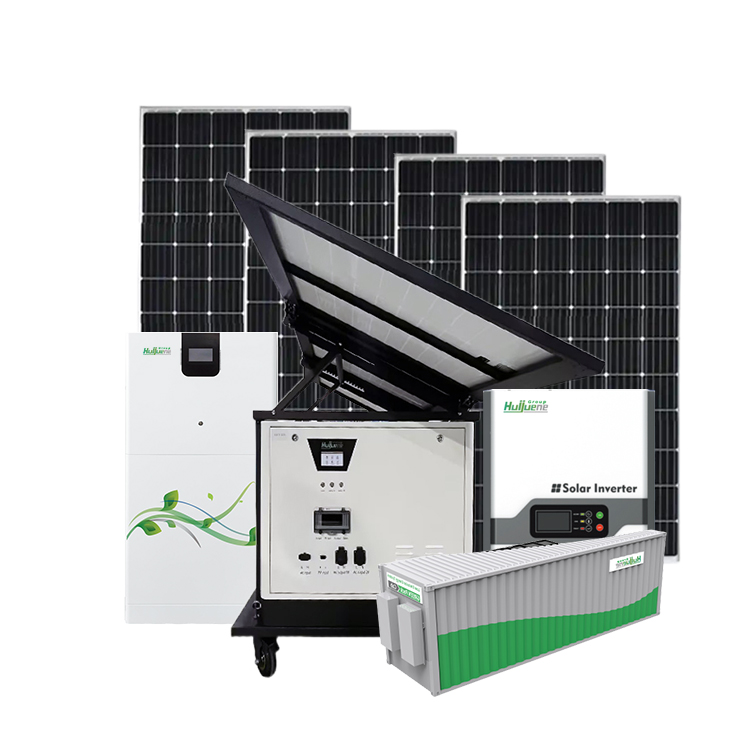

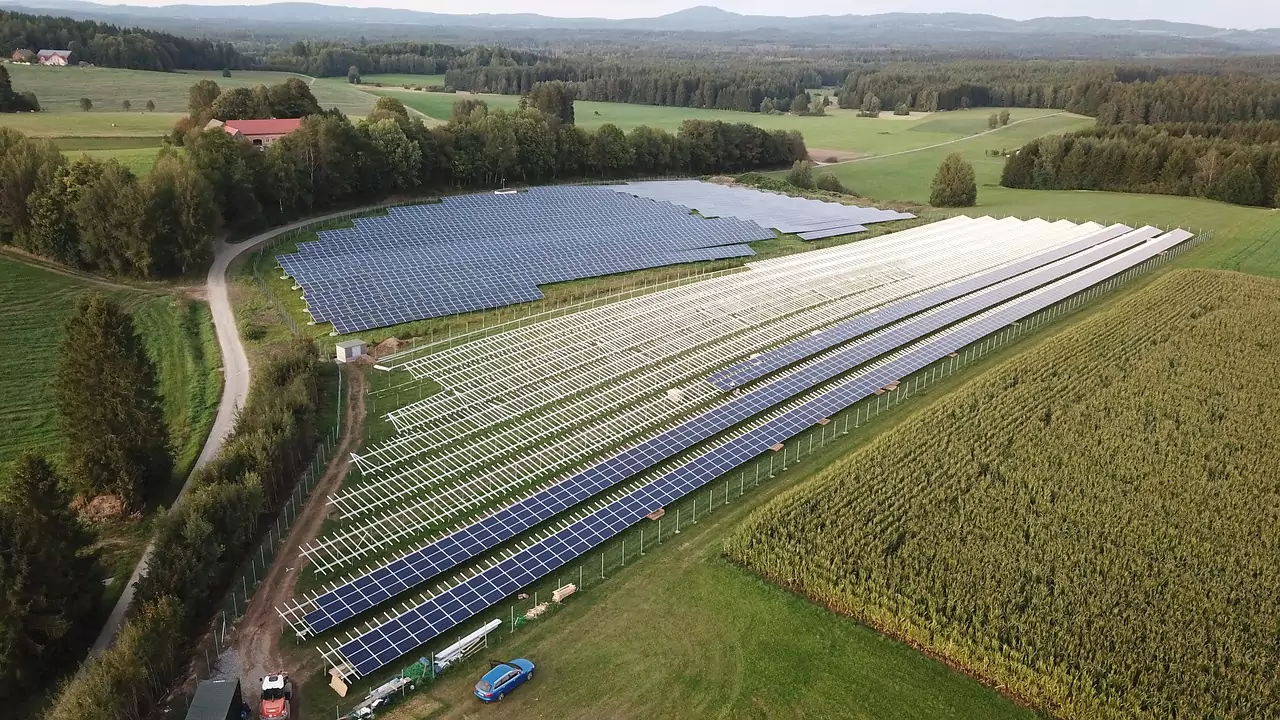

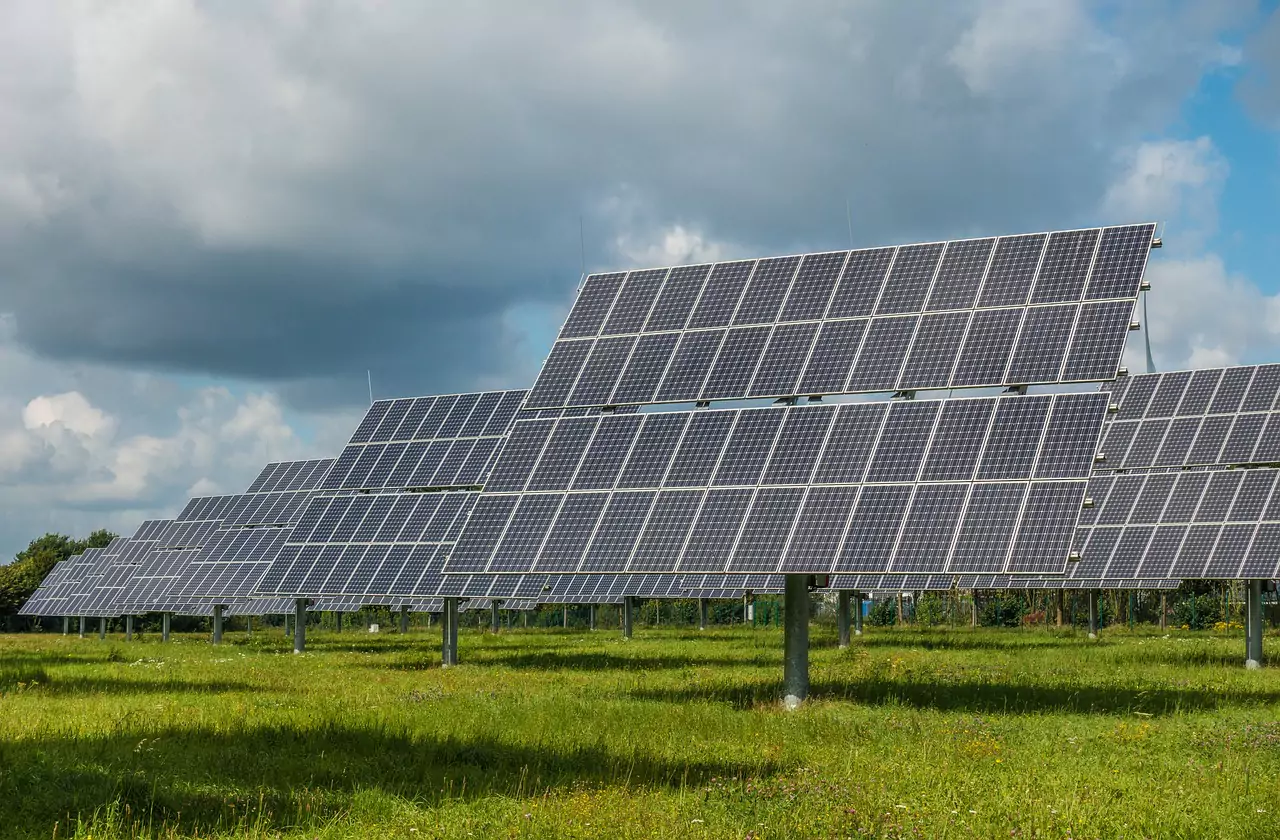
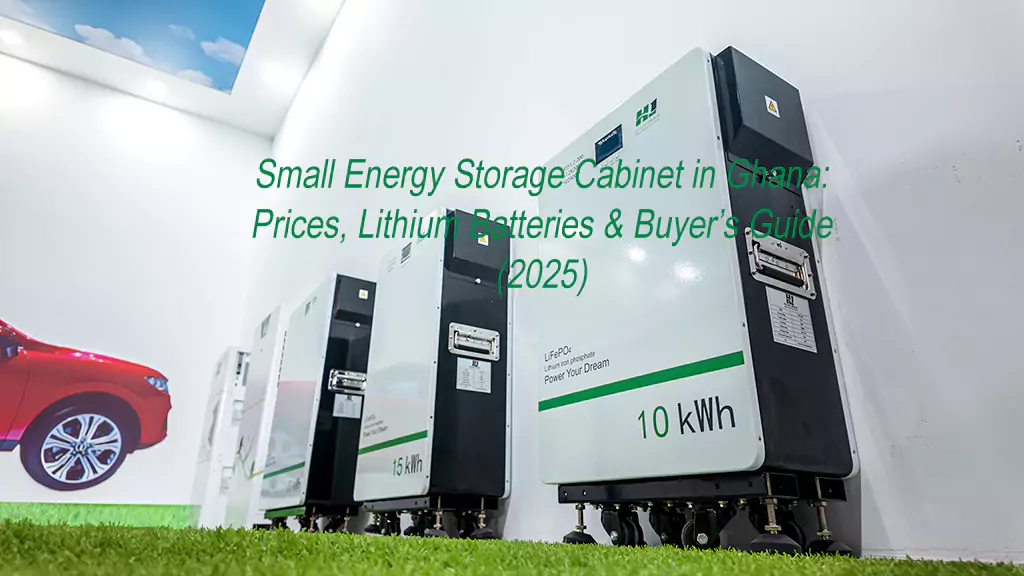
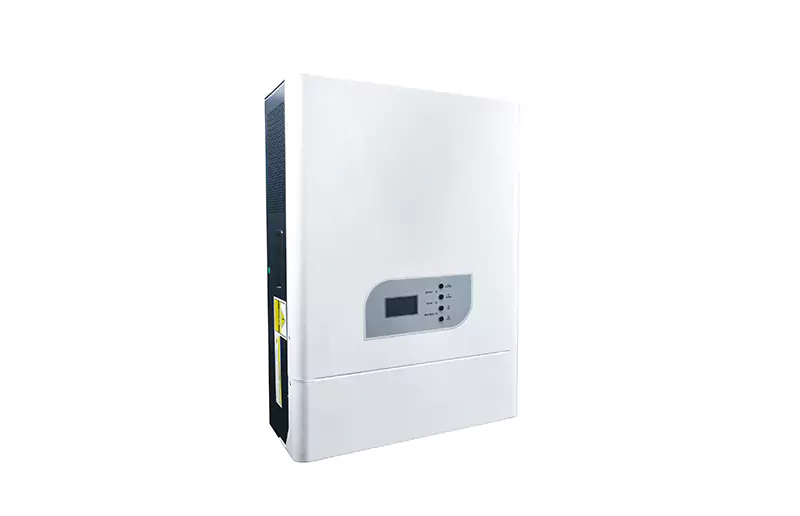
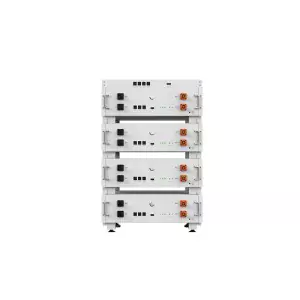
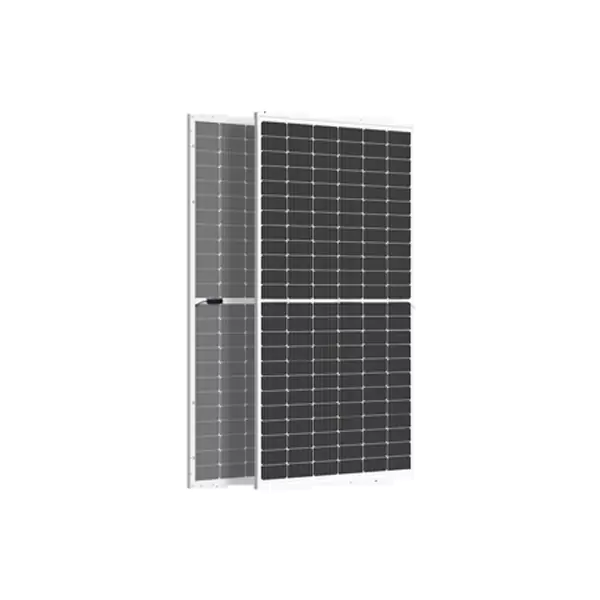
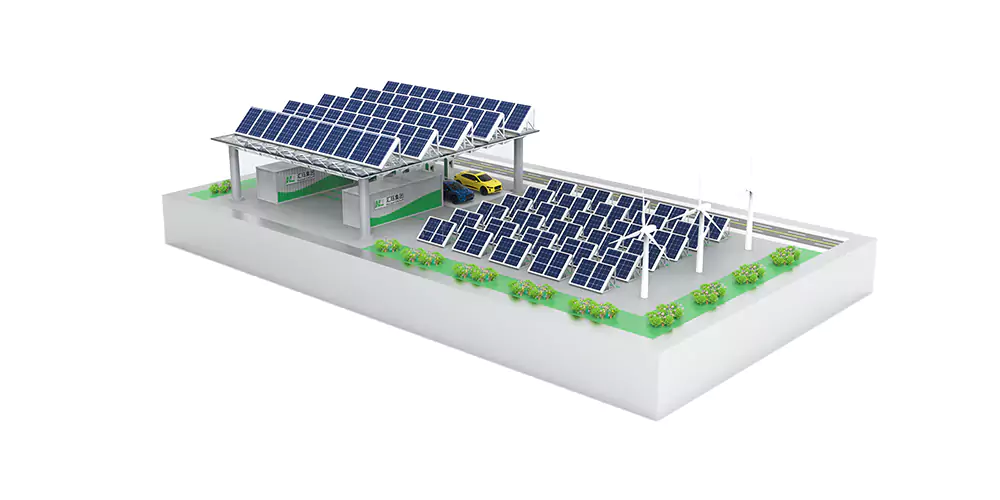
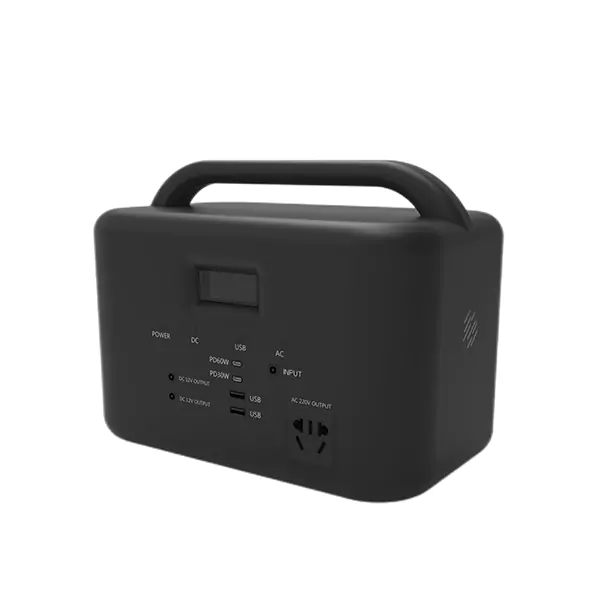
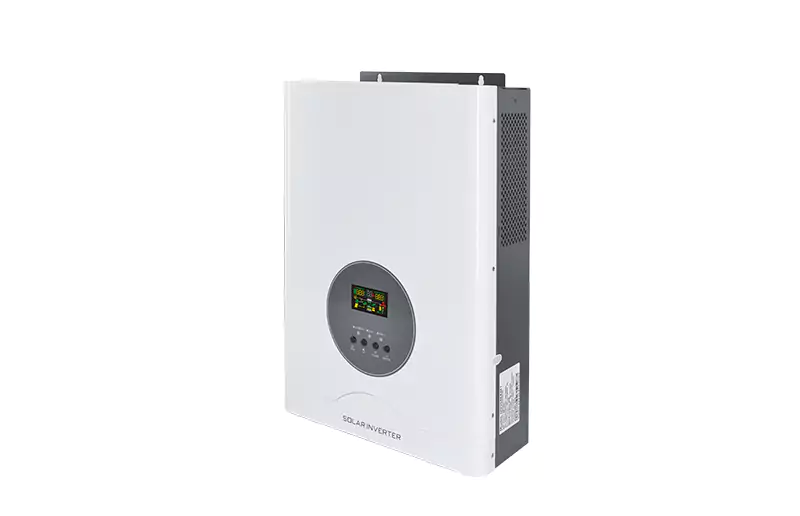
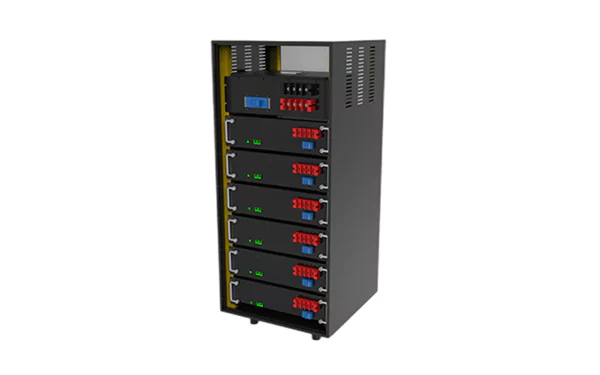
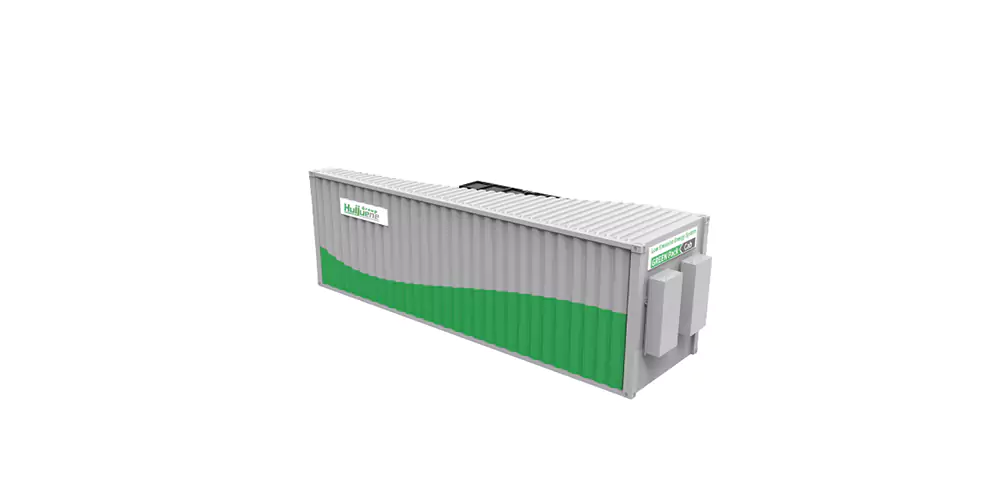
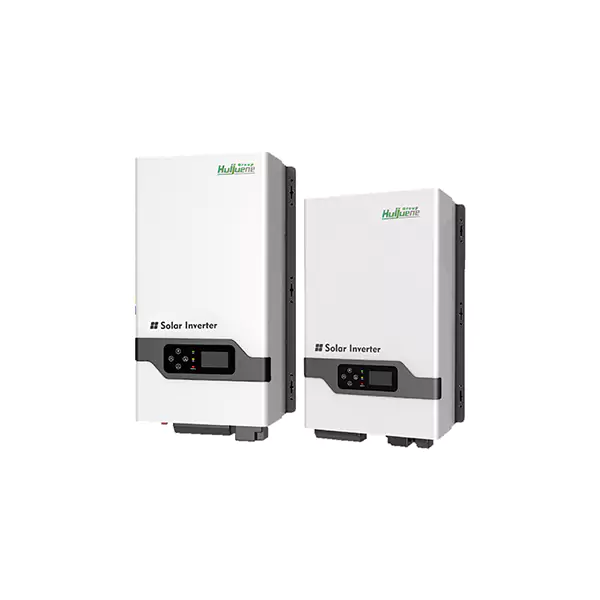


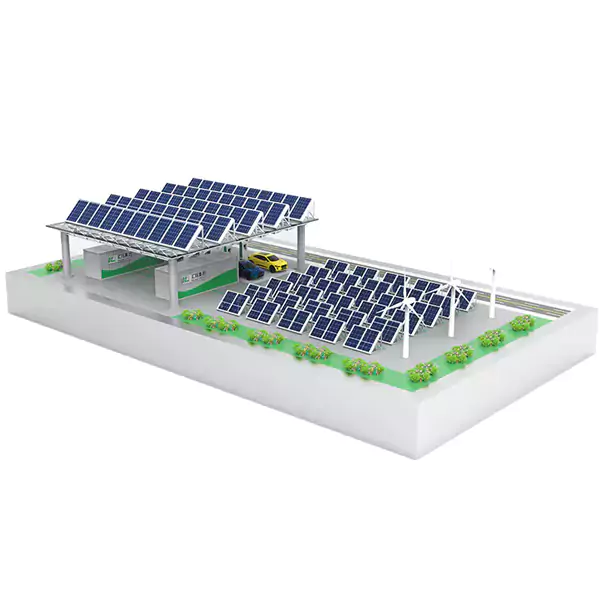
 Inquiry
Inquiry Online Chat
Online Chat